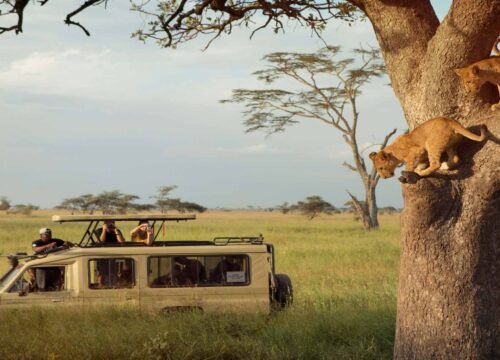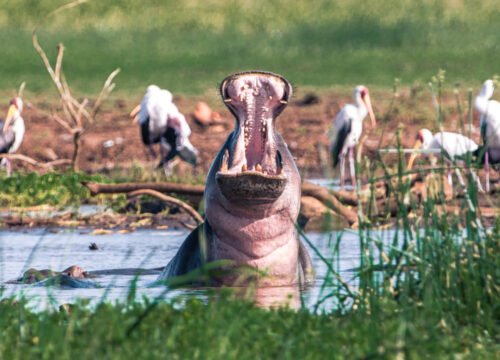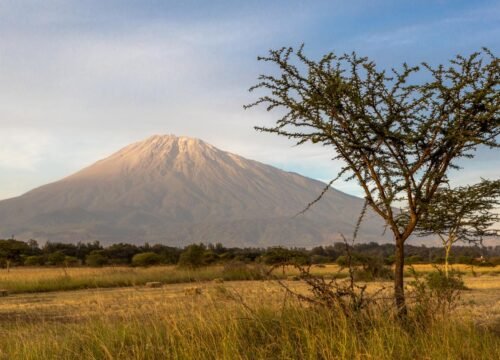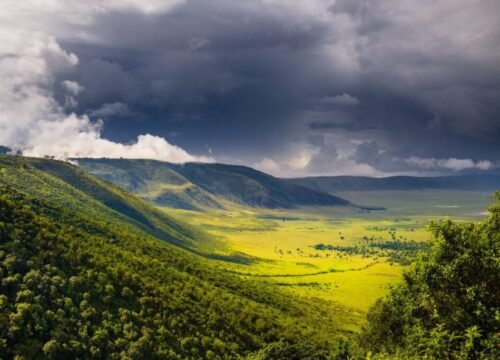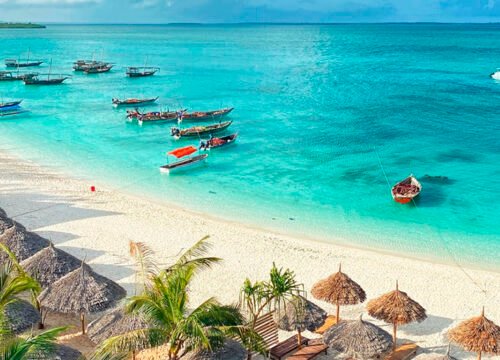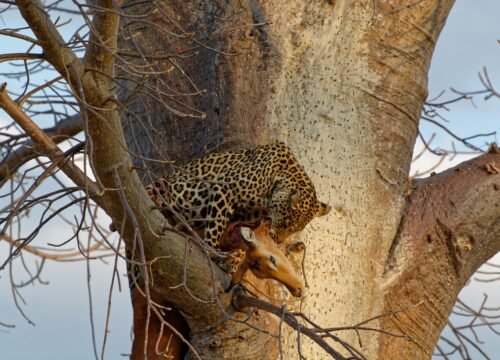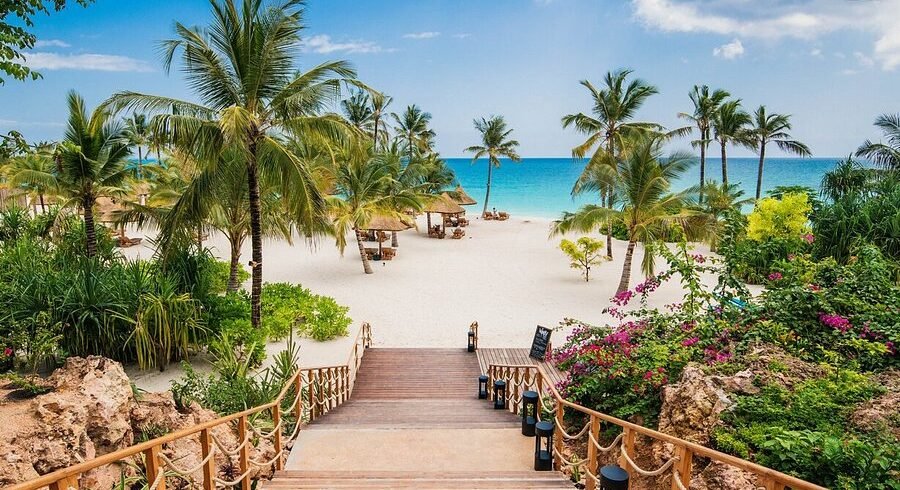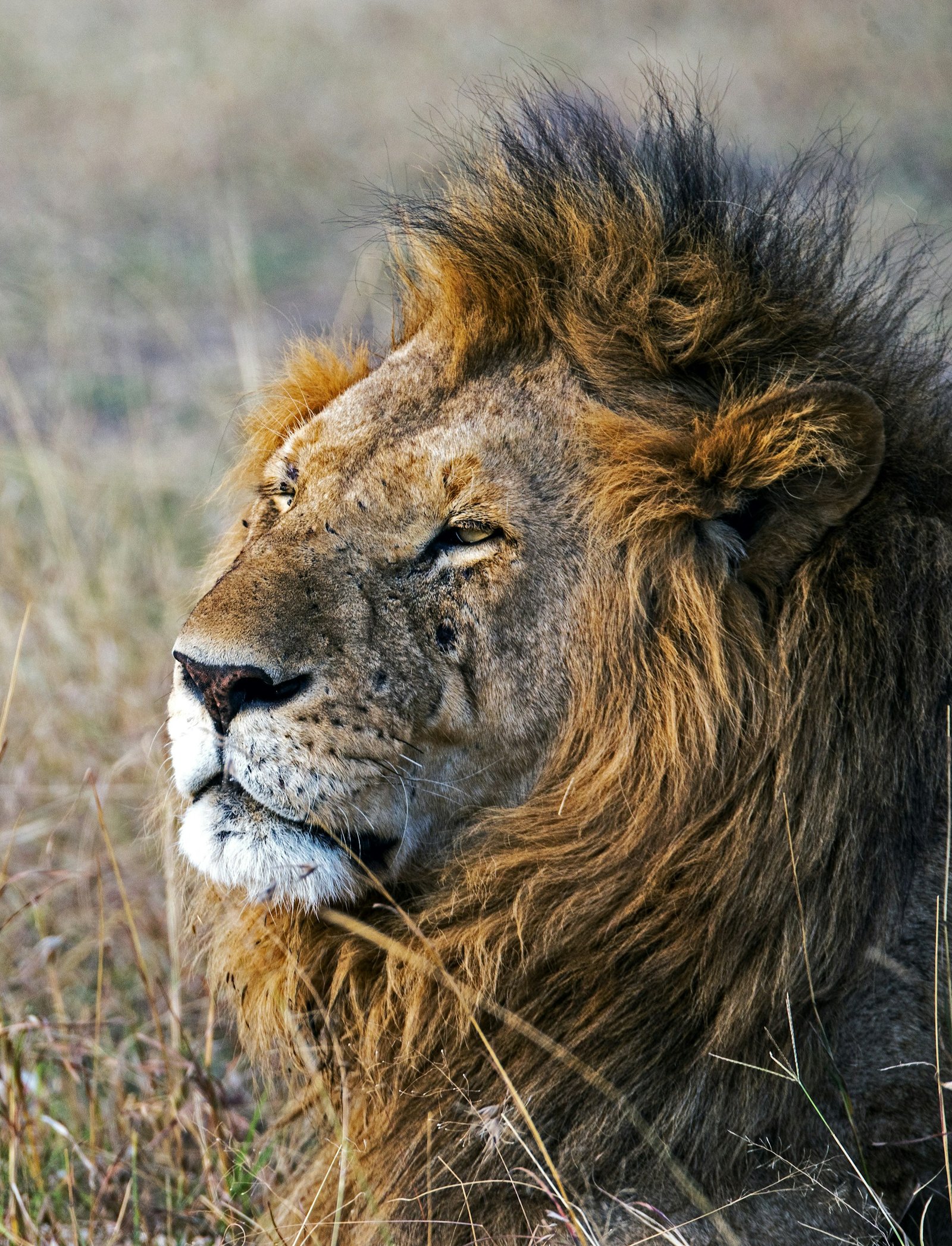Tanzania
Tanzania is one of the most diverse and breathtaking destinations in East Africa. Famous for its world-class safaris, pristine beaches, and Mount Kilimanjaro, Tanzania is a dream for adventurers, nature lovers, and cultural explorers alike.
Tanzania is often described as “Africa in one country” because of its rich variety of landscapes and wildlife. Some of the highlights include:
Legendary safari parks like the Serengeti National Park and Ngorongoro Crater.
The Great Migration, one of the world’s most spectacular wildlife events.
Mount Kilimanjaro, Africa’s tallest mountain and a bucket-list climb.
The exotic Zanzibar Archipelago, with white sand beaches and Swahili culture.
Warm, welcoming people and vibrant local traditions.
Best Time to Visit Tanzania
Tanzania’s climate is tropical, with two main seasons:
June to October – The best time for safaris. The dry season makes wildlife easier to spot, especially during the Great Migration in the Serengeti.
December to February – A great time to climb Mount Kilimanjaro and enjoy Zanzibar’s beaches.
March to May – Long rains; lush landscapes, fewer crowds, but some roads may be difficult to access.
For more detailed planning, explore Best Time to Visit the Serengeti and When to Climb Kilimanjaro.
How to Get to Tanzania
Most international travelers fly into:
Julius Nyerere International Airport (Dar es Salaam) – Tanzania’s largest airport.
Kilimanjaro International Airport (near Arusha and Moshi) – Convenient for safaris and Mount Kilimanjaro.
Abeid Amani Karume International Airport (Zanzibar) – Ideal for beach holidays.
Domestic flights connect national parks, Zanzibar, and major cities, making it easy to combine safari and beach experiences.
Top Attractions in Tanzania
There’s no shortage of unforgettable places to visit. Here are the top attractions in Tanzania:
Serengeti National Park – World-famous for the Great Migration and big cats.
Ngorongoro Crater – A UNESCO World Heritage Site teeming with wildlife in a stunning volcanic setting.
Mount Kilimanjaro – Africa’s highest peak, offering trekking routes for all levels.
Zanzibar – A tropical paradise with beaches, spice farms, and historic Stone Town.
Tarangire National Park – Known for its giant baobab trees and elephant herds.
Lake Manyara National Park – Famous for tree-climbing lions and birdlife.
Selous Game Reserve (Nyerere National Park) – A vast and less-visited safari destination.
Ruaha National Park – A wild, remote park perfect for off-the-beaten-path safaris.
Popular Attractions in Tanzania
From the endless plains of the Serengeti to the spice-scented streets of Zanzibar, Tanzania is one of the most diverse and breathtaking destinations in East Africa.
Featured Trips in Tanzania
Frequently Asked Questions About Tanzania
Is Tanzania safe for tourists?
Yes, Tanzania is safe for most tourists, especially in safari parks and Zanzibar. As with any destination, use common sense, avoid walking alone at night in cities, and travel with licensed operators.
Do I need a visa to visit Tanzania?
Most visitors need a visa. Tanzania offers an eVisa system, which can be applied for online. Some nationalities can also obtain visas on arrival.
What is the best time to see the Great Migration?
The Great Migration moves throughout the Serengeti. The best time depends on where you go:
June–July: River crossings in the western Serengeti.
August–October: Crossings near the Mara River (border with Kenya).
December–March: Calving season in southern Serengeti.
Can I climb Mount Kilimanjaro without experience?
Yes. Kilimanjaro is a trekking mountain—no technical climbing required. However, it’s physically demanding and requires good fitness and acclimatization.
Do I need vaccinations for Tanzania?
Yellow fever vaccination may be required, especially if traveling from a country with risk. Typhoid, hepatitis A, and malaria prevention are also recommended.
Is Zanzibar good for families?
Yes, Zanzibar is family-friendly with safe beaches, cultural tours, and resorts that cater to children.
Travel Tips for Tanzania
Currency: Tanzanian Shilling (TZS). US dollars are widely accepted in hotels and for park fees.
Health: Malaria prevention is recommended. Yellow fever vaccination may be required depending on where you’re coming from.
Clothing: Light, breathable clothes for the day, warmer layers for evenings, and modest attire in towns and villages.
Language: Swahili is widely spoken, but English is common in tourist areas.
Transport: Book domestic flights or guided tours for long distances, as road travel can be slow.

